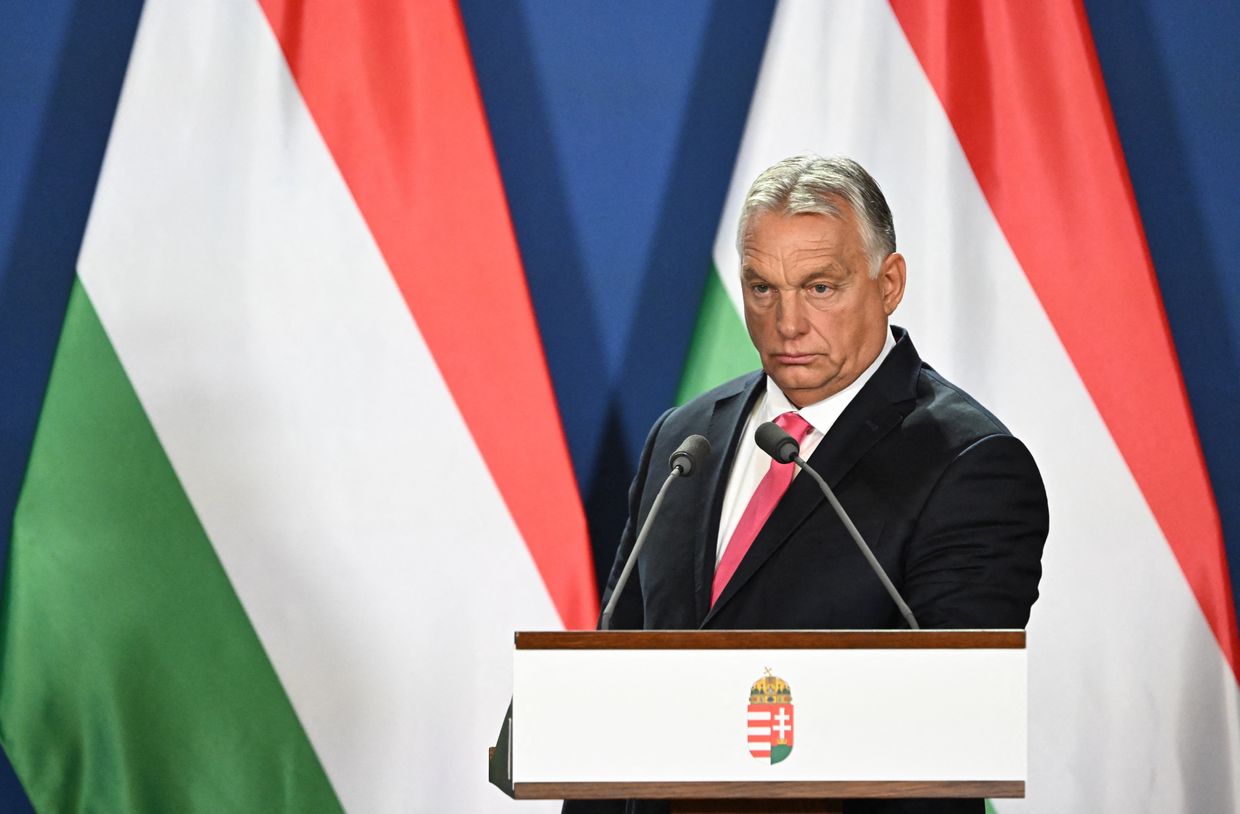The Security Service of Ukraine (SBU) has formally charged 14 high-ranking metropolitans and archbishops of the Russian Orthodox Church for their involvement in the illegal seizure of Ukrainian churches in Russian-occupied territories, the agency announced on April 22.
According to the SBU, the accused clerics were part of the Kremlin-controlled “holy synod” of the Russian Orthodox Church from 2022 to 2024.
Acting under the direction of Russian Patriarch Kirill — an outspoken supporter of Russia’s full-scale war against Ukraine — they helped orchestrate the forced takeover of religious communities across occupied regions, including Zaporizhzhia, Luhansk, Donetsk, Kherson oblasts, and Crimea, the SBU said.
The bishops oversaw the incorporation of the Dzhankoy, Berdyansk, Rovenky, and Kherson dioceses into the Russian Orthodox Church, replacing local leadership with Moscow-appointed figures who openly endorsed the war and promoted Kremlin propaganda.
All 14 suspects were charged in absentia with complicity in efforts to alter Ukraine’s state borders in violation of the country’s Constitution, carried out in coordination with others and resulting in grave consequences.
The SBU said it continues efforts to bring the suspects to justice for their role in crimes against Ukraine.
Patriarch Kirill was added to Ukraine’s wanted list in December 2023 on charges of infringing on Ukraine’s territorial integrity, a crime that carries a potential life sentence.
In August 2024, Ukraine’s parliament passed legislation banning the activities of the Ukrainian Orthodox Church of the Moscow Patriarchate, which has long maintained ties to the Russian church. Many of its clergy have been accused of aiding Russian forces or supporting the invasion.
Most Ukrainian Orthodox Christians now belong to the Orthodox Church of Ukraine, an independent body formed in 2019 and recognized as autonomous from Moscow.



